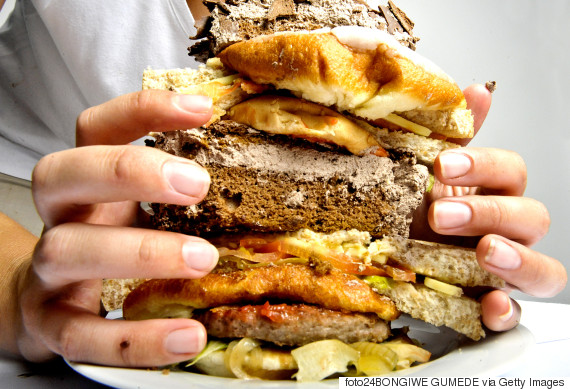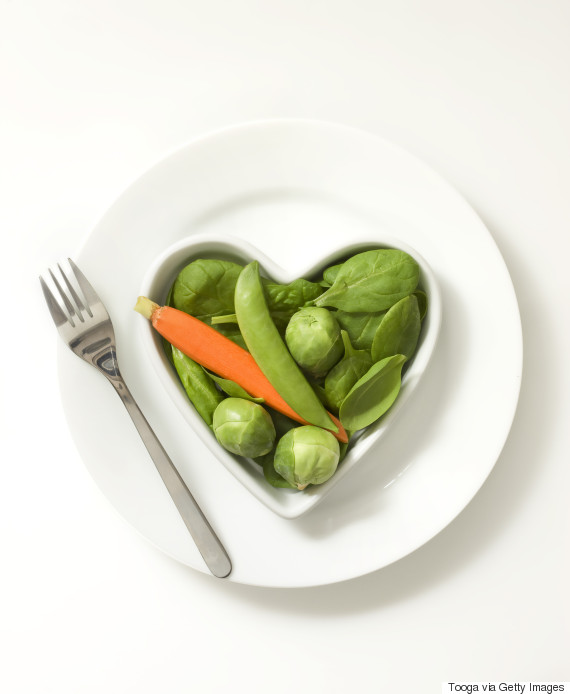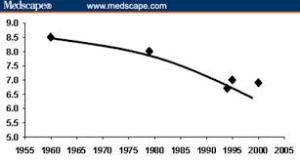Here are five ways sleep deprivation could be negatively affecting your dietary health.
Sleeping less? You’re probably eating more.
A 2012 Mayo Clinic study found that subjects who were sleep-deprived ended up eating an average of 549 extra calories each day (which could led to the gaining of one pound per week if the habit persisted).
You snack more often — especially late at night.
Sleep deprivation can lead to a decrease in physical activity and an increase in excessive snacking behavior, which typically leads to additional, unwanted weight gain.
You crave extra carbs and fatty foods.

We not only crave unhealthy, high-carbohydrate, and high-fat fat foods when we’re tired, but also fail to mentally register the consequences of such food choices over time. A single night of poor sleep can lead to increased cravings for fatty foods the following day.
Your disrupted sleep cycle will change your eating patterns (for the worse).
Late sleepers tend to experience a delay in their meals throughout the day, eating a late dinner and consuming more calories than average at that meal. And those late-eating habits prevent the body from drifting off to sleep the next night, perpetuating the cycles of sleep deprivation and poor eating habits.
You could be missing out on key nutrients.

Just because you overeat when you’re sleep-deprived doesn’t mean you’re providing your body the nourishment it needs. In addition to over-consuming unhealthy foods, sleep-deprived subjects consumed half the fruit and vegetable servings of a normal sleeper, losing key nutrients from their overall diet. This can lead to vitamin and mineral deficiencies, which affect the regular functions of the body.
Sleep Well. And Stay Healthy.












